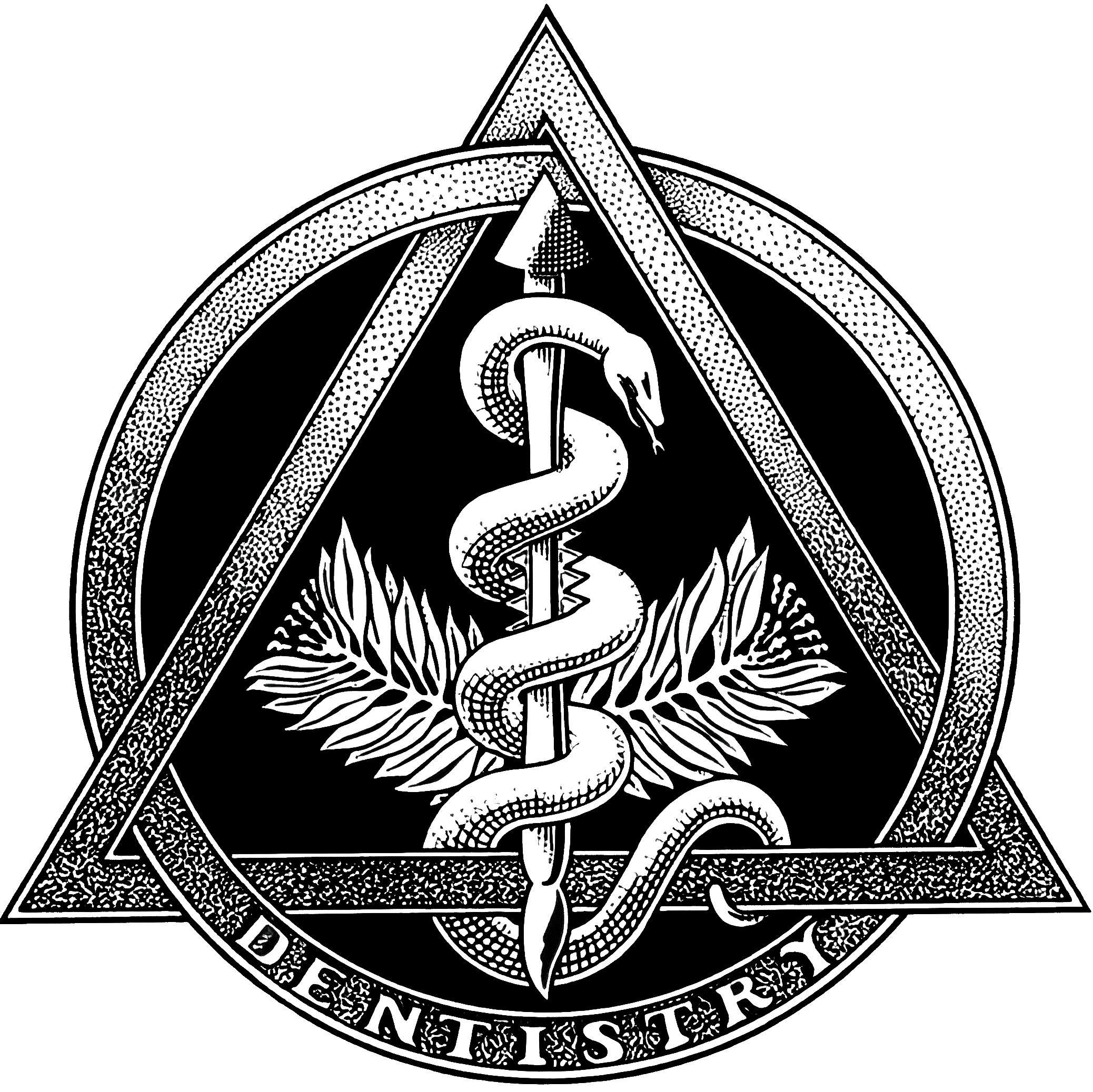Is Chewing Gum Really Effective?

Although the idea of chewing gum to fight cavities initially may sound very strange, the truth is that it can be very effective if you choose the right type of gum. That’s right, within the market, there is a type of gum for cavities that can help protect teeth from damage caused by tartar and, at the same time, improve the health of your mouth.
Precisely for this reason, there is currently more and more talk about the benefits this candy can bring to oral health. As long as it does not contain sugar, it is an extra help that parents can implement to prevent cavities in their children’s teeth.
How chewing gum can help prevent cavities
Gum for cavities helps in many ways, one of which is promoting saliva production. This helps to neutralize and decrease some of the acids generated inside the mouth to break down food after consumption and also helps to strengthen tooth enamel.
Another reason why it is increasingly recommended that children and adolescents chew gum after eating is because it reduces food particles. Chewing also facilitates the elimination of food debris that gets stuck between the teeth, which helps further strengthen teeth.
Some studies show that xylitol helps reduce the number of bacteria created in the mouth, which helps prevent tooth decay. Xylitol is an ingredient often used in gum for cavities as a substitute for sugar, as this natural sweetener gives sweets a sweet taste.
Types of gum that are the most effective
Almost any chewing gum that does not contain sugar among its ingredients is effective in cleaning teeth. However, today there is a wide variety of chewing gums specifically designed to improve oral hygiene.
As mentioned above, some of the gum for cavities contain xylitol, and other chewing gums use casein phosphopeptides and amorphous calcium phosphate. This substance is usually added to some chewing gums, as it is attributed to properties that help harden tooth enamel and protect against cavities.
Common ingredients found in gum
Commonly the ingredients used in the manufacture of chewing gum are gum base, sweeteners, flavorings, and edible colorings. Chewing gum bases can be made from natural and synthetic ingredients, so each country regulates which ingredients can be used.
Risks and side effects of chewing gum
Gum for cavities is an excellent complement to cleaning the teeth after eating food and washing the mouth. However, even so, it is recommended that its consumption be infrequent since an abusive consumption can cause muscular overload.
It is also recommended to chew sugar-chewing gums only sporadically since they can easily cause a cariogenic effect in addition to the muscular load. Mainly in children and adolescents since they are usually the ones who consume them more throughout the day.
Another thing to consider is that, like other sweets, sugar-chewing gums can be counterproductive if you have diabetes.
Alternatives to chewing gum for cavity prevention
Gum for cavities is a great help to keep teeth clean and in good condition; however, maintaining a good oral hygiene routine is the best way to prevent cavities. Rinsing your mouth with water after eating sweet foods, brushing your teeth after every meal, and flossing is crucial.
It is also necessary to have good toothpaste containing fluoride, as this ingredient is effective in preventing cavities. To this routine, you can add mouthwashes to make it easier to keep the mouth clean and avoid the generation of bacteria that damage the teeth.
But it is not enough to have excellent dental hygiene. Visiting the dentist periodically is necessary to verify everything is in order. This is because, although gum for cavities and tooth brushing helps a lot, there are ailments that can occur in the mouth silently.
At Pacific Implant Center, we want our patients to be a priority from the beginning to make their visit memorable. That is why we have qualified, attentive and friendly staff and dentists who provide quality services to help you have a better quality of life.
